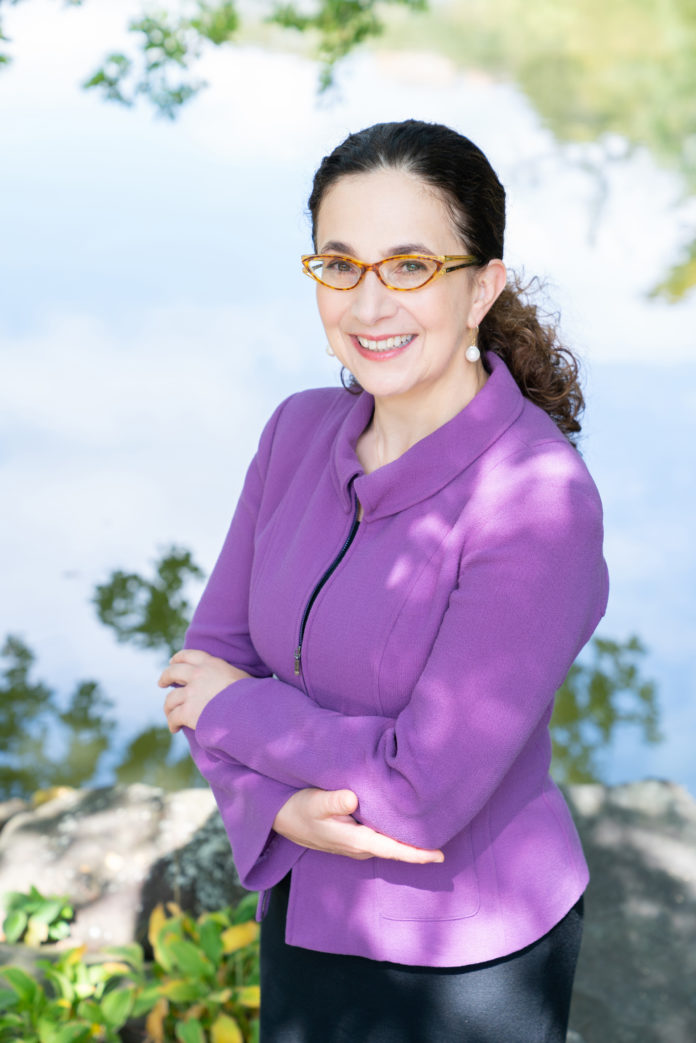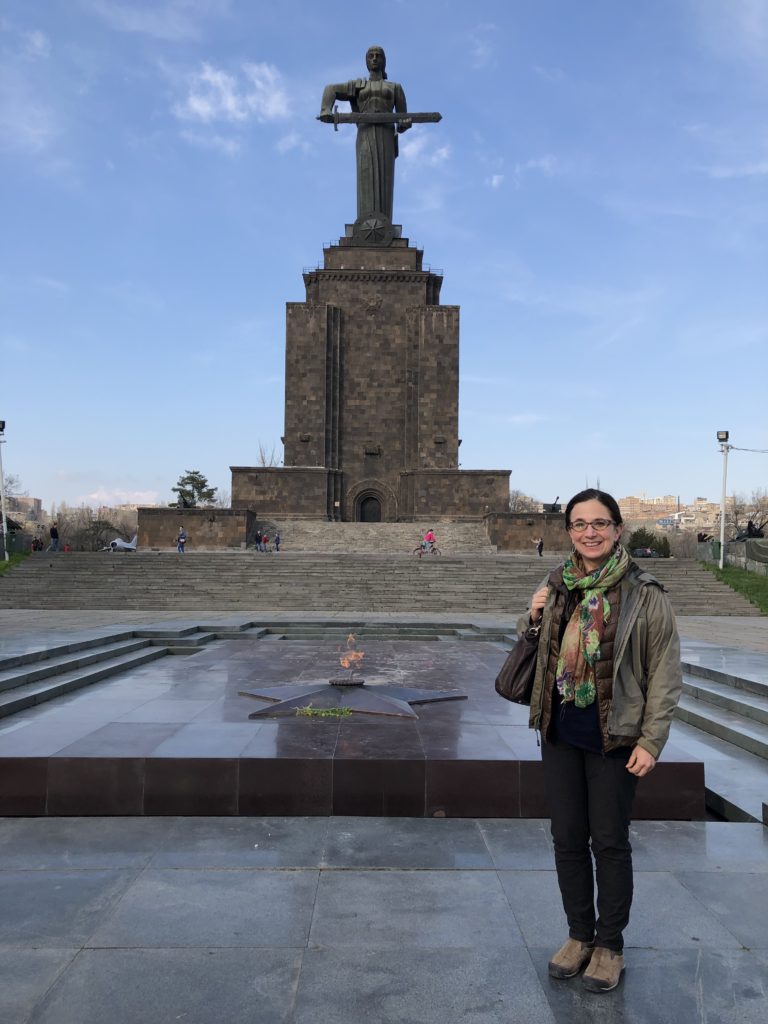By Artsvi Bakhchinyan
Special to the Mirror-Spectator
YEREVAN/TOKYO — I met Dr. Christina L. Ahmadjian last April 3 at the Armenian State University of Economics, while attending her lecture titled “Japanese Miracle: Challenges and Lessons Learned.” The lecturer, who is a professor at Hitotsubashi University in Japan, presented two economic “miracles” from Japanese history, in the early 1900s and after World War II, and showed the origin, growth and peculiarities of the modern Japanese economic system.
Ahmadjian has been an associate dean (and professor) at Hitotsubashi University Graduate School of International Corporate Strategy since September 2008. She joined the Mitsubishi Electric Corporation in September 1982 and then joined Bain and Company in September 1987. She served as an assistant professor at the Columbia University Graduate School of Business from January 1995, then began working as an assistant professor at Hitotsubashi University Graduate School of International Corporate Strategy in October 2001, where she became full professor in April 2004.
Ahmadjian is a director at Sumitomo Electric Industries, Ltd. She has been an Outside Director of Mitsubishi Heavy Industries Ltd. since June 2012 and serves as a member of its Audit and Supervisory Committee. She has been an Independent Outside Director at Japan Exchange Group, Inc. since June 2014. Ahmadjian also served as an Outside Director of Eisai Co. Ltd. since June 2009.
For me, a researcher for many years of Armenian-Japanese connections, it was a nice surprise to meet a professor from a Japanese university with an Armenian name…











